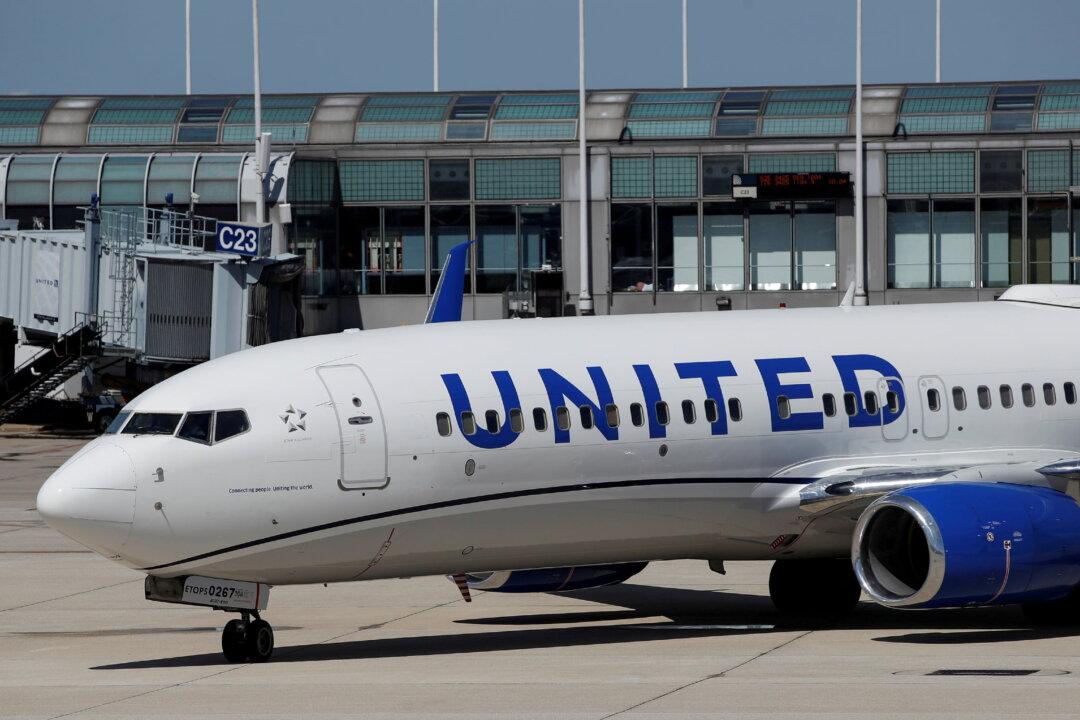The Supreme Court has refused to take up the appeal of a former United Airlines employee who claims that she was unlawfully dismissed for taking time off under the Family and Medical Leave Act (FMLA).
The court denied the petition for review in Parker v. United Airlines, court file 22-817, in an unsigned order on April 3. No justices dissented from the order and no reasons were provided for dismissing the petition.





